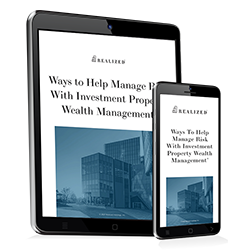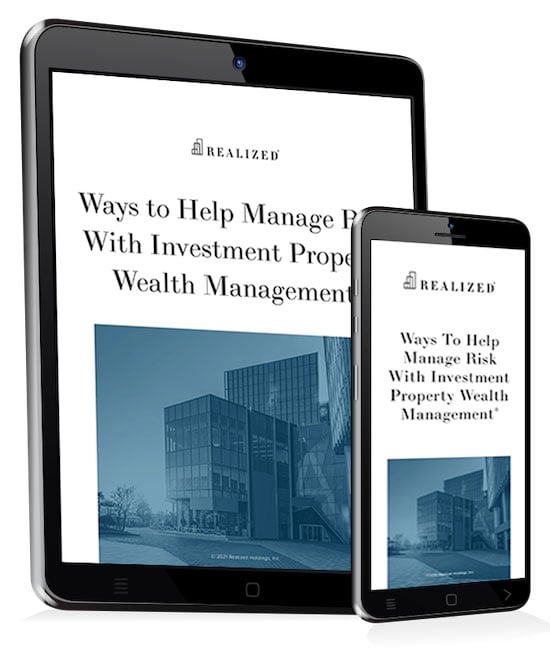
In previous articles, we discussed risk and its impact on investment decisions. A return on a particular investment might look really great on paper. But, if you can’t deal with the possibility of losing part, or all, of your entire principal, that investment might be better off avoided.
The risk-reward rule of thumb bears repeating: The higher the return on an investment, typically the higher the potential risk.
As mentioned in previous articles, many factors can weigh into your investment risk tolerance. And, to further complicate matters, macro risks also abound, which could impact your portfolio. A few of such risks are listed below.
Call. Investors typically hang on to bonds until maturity, and receive interest payments during the hold period. But callable bonds are so named because the issuer could call back the bonds at any time before maturity, stop interest payments and return your principal. Municipalities and corporations will sometimes recall their bonds to re-issue new ones at a lower interest rate. The risk to you is loss of potential income.
Capital. Capital risk is tied to stock and bond markets. The greatest risk here is that you could lose part, or all, of your invested principal. If you are buying stock shares, for example, you run the risk of losing all the money invested. If there is any good news with this particular risk type, it’s that you won’t lose more than what you invested.
Default. Sometimes known as credit risk, a default risk means an organization might be unable to meet payments on debt obligations. Default risk rests heavily on economic changes, as well as changes in an organization’s financial situation or competition. In a default risk scenario, you could stand to lose all your principal.
Currency. Currency risk, sometimes dubbed “exchange-rate risk,” is important if you invest in foreign assets. Sometimes, such assets can provide a great rate of return. But, any depreciation in that country’s currency could hammer the value of your assets or investments.
Inflation. A higher inflation rate erodes purchasing power – it means you need more money to buy a good or service. Inflation can also eat away at your investment returns and/or values. This is where inflation risk comes in. Under this risk scenario, your investments might not be worth as much in the future as they are now, because inflation is eating away at the value of your cash flows.
Interest Rate. Interest rate risk impacts investments that are sensitive to changes in interest rates. Basically, anything from real estate to bonds can be impacted by this particular risk.
Liquidity. Need to sell your real estate in a down market? If so, you could struggle to find a buyer willing to pay you the fair-market price. The result is that you could lose cash when your house is sold. This is known as liquidity risk.
Political. Political risk is a very real thing, whether your investment is in a developing or developed country. Developing countries can be impacted by war, regime changes or insurrection. Meanwhile, the main risk in developed countries that might have impact on your investments could be pieces of legislation, executive orders or major referendum votes (such as the United Kingdom’s Brexit vote in July 2016).
Systematic. Systemic risk is known by a slew of different names including “undiversifiable,” “volatility” or “market” risk. Systemic risk can range from an economic downturn to an act of God, such as a hurricane or tornado. Such a risk impacts an overall market, rather than a specific stock, or industry.
Timing. Timing is definitely everything. This is especially the case with investments. Depending on when you buy or sell, you could end up overpaying, or losing investment value, respectively. Just about any investment that trades – from houses to stocks – can be subject to timing risks.
We don’t want the above list to scare you off from investing altogether. What the above should do is help you understand the types of macro risks out there that could impact your investments. With such knowledge, you could end up making better decisions when it comes to building your investment portfolio.



